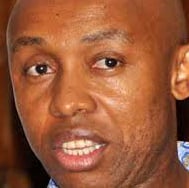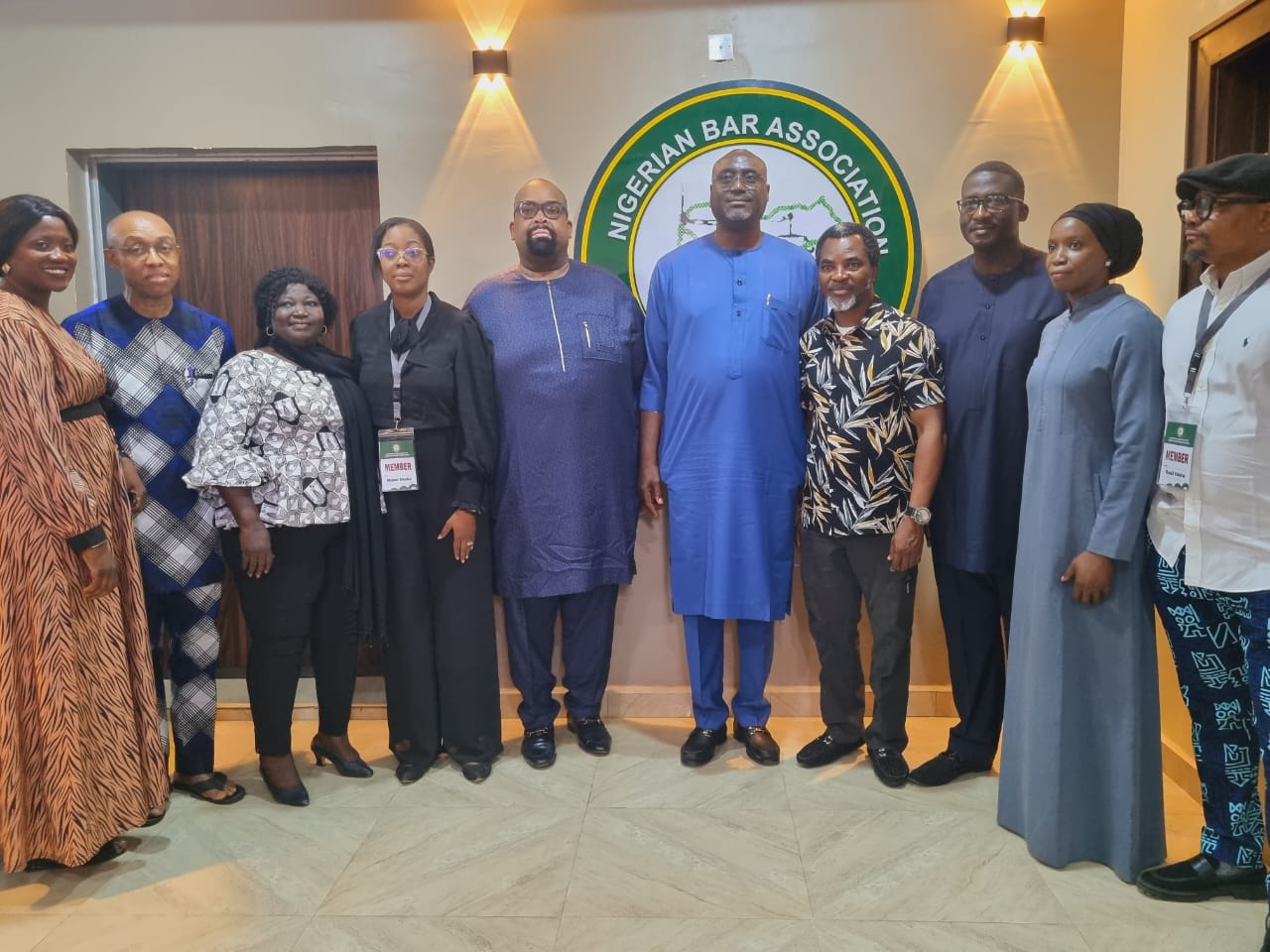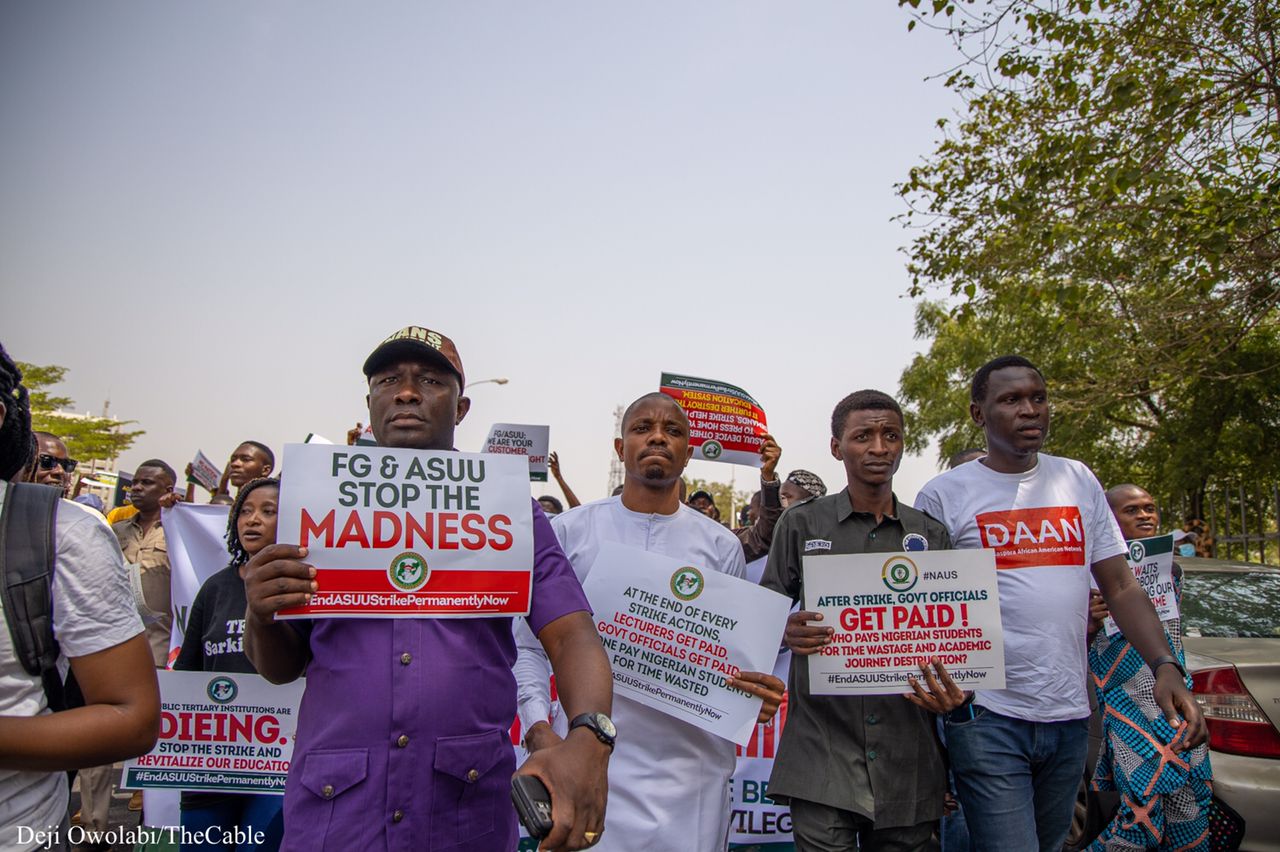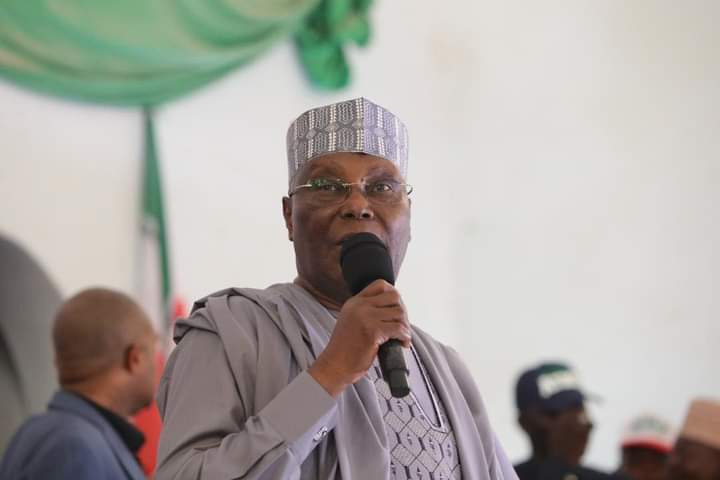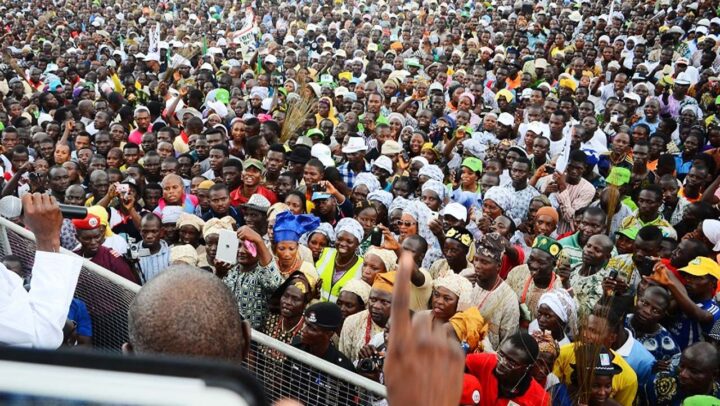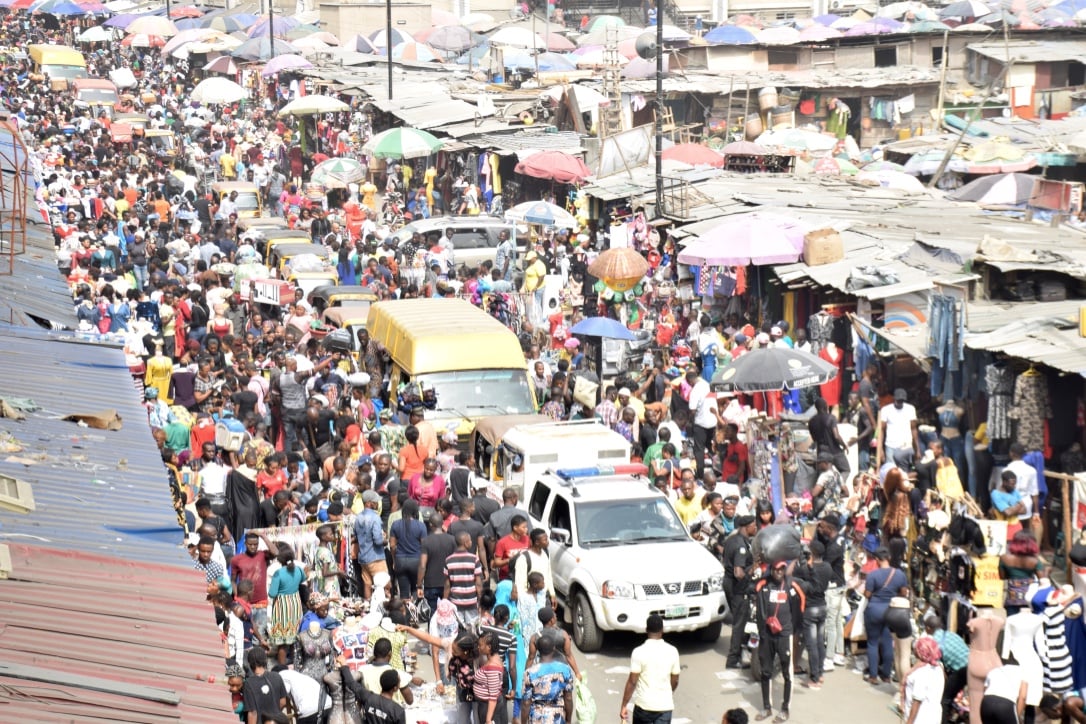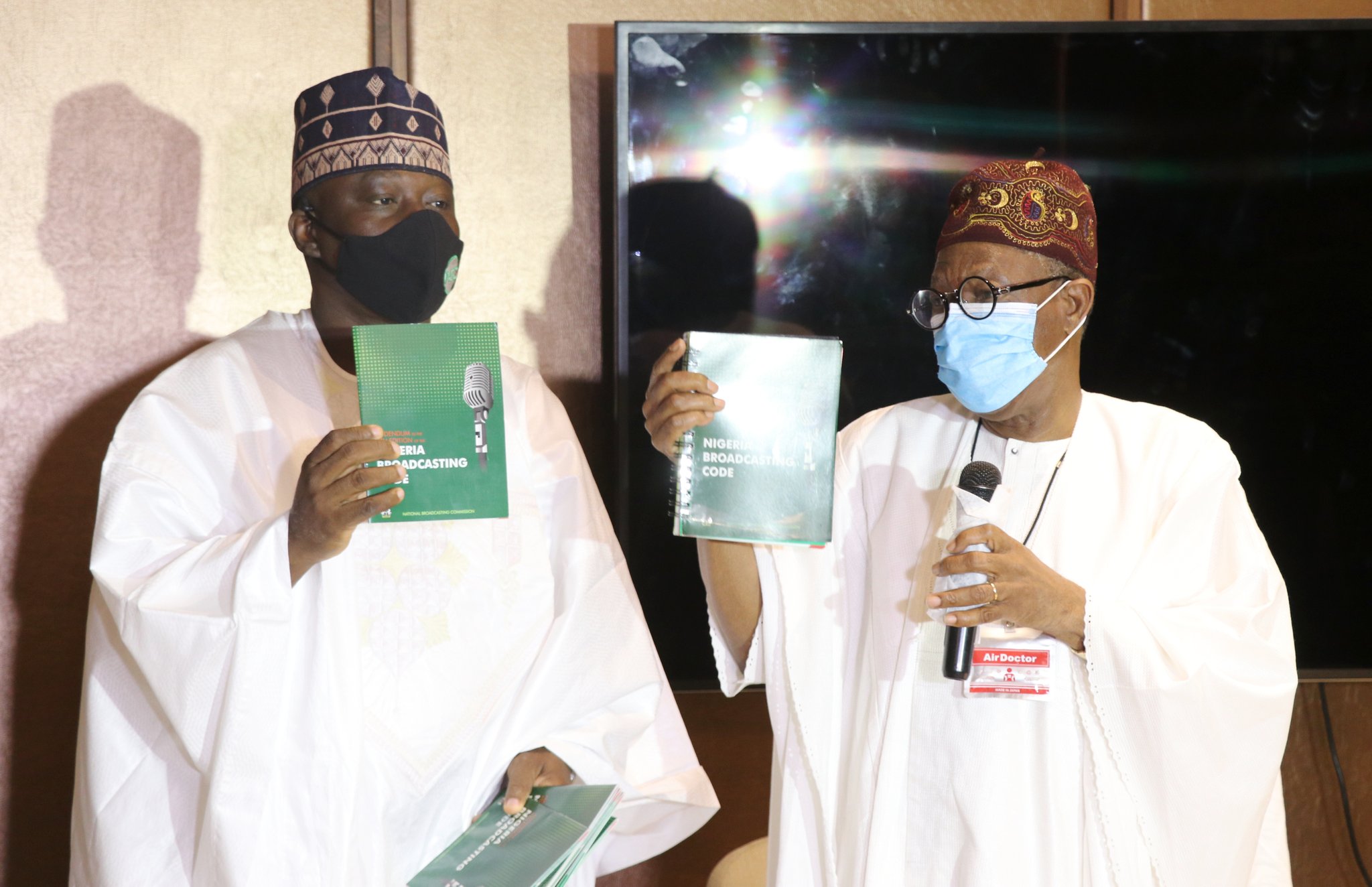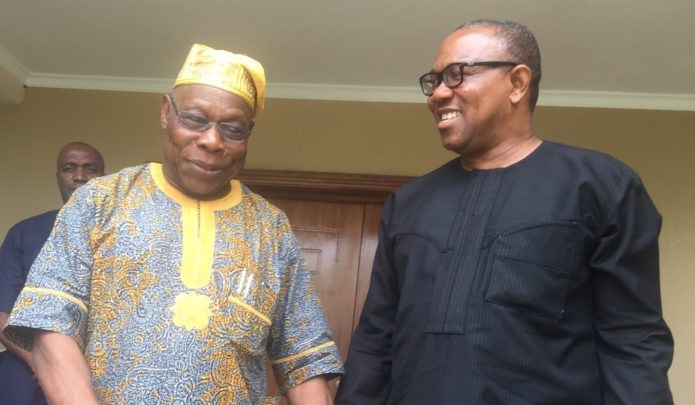The story is told of a former governor of a state in north-central Nigeria who approached his friend, a senior advocate of Nigeria (SAN), for advice on a very pressing matter. The governor wanted this senior lawyer to advise him on whom among the candidates running to be president of the Nigerian Bar Association (NBA) the then ruling party should support. Mind you, the governor was not a member of the NBA nor was his party led by one. Somewhat perplexed, the lawyer asked the governor what his interest was in an association in which he was not a member. Without breaking a stride, the governor is reported to have responded: “Don’t you know that the NBA is too important to be left alone?”
To be eligible to vote in the NBA election, a member must belong to one of the association’s 125 branches and must have paid their annual bar practising fees (BPF) not later than March 31 in the election year. In 2022, 59,388 people met this threshold. Balloting was digital supervised by an electoral committee (ECNBA), led by Ayodele Akintunde (SAN).
Voting took place over 24 hours starting from midnight on July 16. 34,809 people representing 59% of those eligible, voted. 1,346 or 2.26% of the ballots could not be delivered mostly because of errors in the addresses of the voters. Yakubu Maikyau (SAN) received 22,342 or 64.6% of the votes to emerge as president-elect, beating Joe Kyari-Gadzama (SAN) who received 10,842 or 31.4%. Jonathan Taidi took 1,380 or 4% of the votes to emerge third. There were healthy contests down the ballot; Linda Bala received 21,717 or 66.3% of the votes cast to beat out two others for the office of first vice president, while Adegbite Adesina received 18,536 or 56.2% of the votes to emerge as the general secretary-elect.
This biennial ritual in which the NBA elects its national leadership holds the attention of the country for good reason. The NBA is the largest professional association in the country (if not necessarily the oldest). It also packs a weight in both powerful and dysfunctional ways beyond the number of its voting members. When it works, the NBA is an exemplar and when it fails to do so, it is a drag on the country. Among the highlights from this latest round, there are five takeaways.
Advertisement
Universal suffrage at the bar is here to stay
Since 1998, the NBA has elected 14 presidents, all but four by indirect suffrage through delegates. The association only returned with some reluctance to the system of One-Lawyer-One-Vote in 2016. Ahead of the latest ballot, Jibrin Okutepa (SAN) advocated that voting should return to the indirect system of delegates, blaming what he calls “indiscipline at the bar” on “so-called universal suffrage”. He cites no evidence to support such an over-heated antediluvian view.
The fact is the votes that now decide who gets to lead the NBA are in the devices of young lawyers and many senior lawyers of the kind who may wish to lead the association feel somewhat affronted at the idea of going to juniors to hustle for votes. This is precisely the appeal of One-Lawyer-One-Vote (OLOV). Any senior lawyer who lacks the humility to inspire the younger ones is probably undeserving of the high trust that leadership demands. Although it will not die entirely, the sentiment that seeks a return to the old days of the delegate system no longer commands serious attention. OLOV is here to stay.
Advertisement
There is no alternative to digital balloting
10 years ago, I led the advocacy for voting reform in leadership elections at the Nigerian Bar, arguing that “the mechanisms for electing the leadership of the Nigerian Bar Association (NBA) are outdated, scandal-prone and liable to whimsical capture”. Augustine Alegeh (SAN) who led the NBA from 2014 to 2016 eventually enacted the reforms, in time for the 2016 leadership election.
The introduction of digital balloting did not, however, necessarily end the scandals. The 2016 ballot ended up in court over claims of serious “electoral infractions” and two lawyers are currently being prosecuted on allegations of having corrupted data in order to rig the 2018 elections. Predictably, scepticism about the integrity of digital balloting remains high in the NBA.
Three things have changed the landscape, however. First, the COVID-19 pandemic has somewhat normalized digital balloting for elections on the scale of the NBA and enhanced the technology solutions available for them. Second, the number of voters involved far outstrips the capacity of any venue in the country. Even if such a venue could be found, third, the insecurity crisis around Nigeria now makes it impossible to contemplate the kind of election jamborees that the NBA was famous for, where delegates from all over the country converged in one location.
Advertisement
The NBA must turn the page on its analogue cultures
Digital balloting has recorded interesting participation in the NBA geometrically, quite apart from its revenues. The last time the NBA voted by delegates in 2014, there were only 1,728 eligible voters. In the first election by digital ballot in 2016, 6,932 lawyers were ultimately accredited and the winner received a mere 3,055 votes. In 2018, just a little over 16,000 members were accredited and 12,421 voted, with the person declared winner receiving a mere 4,509 votes. In 2020, 29,636 were eligible to vote but 18,256 actually did, with the winner receiving 9,891 votes. 59,388 who were eligible to vote in 2022 represents a 100% increase in the number in 2020, while the 34,809 voters who participated is 16,553 more than the number from two years ago, an increase of 90.1%.
In just six years, the number of voters participating in NBA’s elections has grown from 6,932 to 34,809, an increase of 27,877 or over 400%. Over the same period, the number of persons who paid their BPF equally grew about five-fold from about 12,000 to over 61,000. One upshot from this is growth in the NBA’s revenues, which promotes both its independence and its capacity to deliver services to members.
But deep suspicions remain in the NBA about the digital ecosystem. Many lawyers remain afraid and others simply are unwilling to educate themselves about it. Tales of digital rigging of the NBA elections can sound like a mish-mash of Africa Magic and sci-fi. Staple fantasies about bots marauding inside “back-ends” or voting platforms altering votes reflect widespread illiteracy at the Nigerian Bar about how cloud voting solutions work.
Advertisement
This is evidence of an analogue culture that is overdue for transformation. Underlying this culture is the NBA’s historically cavalier attitude to data management, which is how the rigging of #NBADecides2018 happened. The rigging in 2018 resulted from compromising the integrity of the NBA’s data and not from inserting anything into the “backend”. The incoming leadership of the NBA must build on the sound foundations laid by the current leadership of the association.
An NBA president with well-founded legitimacy is a good thing
Advertisement
Leadership contests in Nigeria invariably end up in court where lawyers and judges ultimately determine the winners and losers. In such a democracy by court order, the idea that lawyers can rig their leadership elections is not merely bad for the association, it is very bad for the country because the poverty of electoral values at the bar sooner or later becomes normalised for the country.
A bar leadership devoid of legitimacy cannot advocate for credible elections, as was the case with the compromised leadership of the NBA in Nigeria’s 2019 general elections. This is why an NBA president with well-founded legitimacy is a public good.
Advertisement
The ECNBA must rein in run-away campaign costs
Despite largely positive reviews that have trailed #NBADecides2022, serious areas of work remain. Perhaps the biggest issue is the cost of campaigns. In 2014, it was said that “money spoke very loudly”. By some estimates, the NBA’s 2014 elections were the first in which campaign expenditure easily crossed the N1 billion. In 2022, the cost of a successful campaign for the presidency of the NBA is rumoured to have easily edged over the N2 billion mark.
Advertisement
Legitimate questions may be asked as to the sources of such sums and as to why they are needed to buy what is supposed to be a platform for service.
When the association adopted electoral reforms in 2016, the goal was to significantly reduce campaign costs and level the money field. Over the years since then, including in 2022, the ECNBA has been shy of enforcing the ground rules for campaigning, turning the contest for leadership at the bar into a monied ordeal. Infractions have attracted neither attention nor consequences.
This atmosphere of campaign impunity has to end. To do that, the ECNBA in 2024 can require all candidates and support groups within the bar to designate and maintain campaign accounts which will be liable to inspection and audit. That would be a beginning.
A lawyer and a teacher, Odinkalu is a member of the ECNBA. He can be reached at [email protected]. The views contained in this article are personal.
Views expressed by contributors are strictly personal and not of TheCable.
